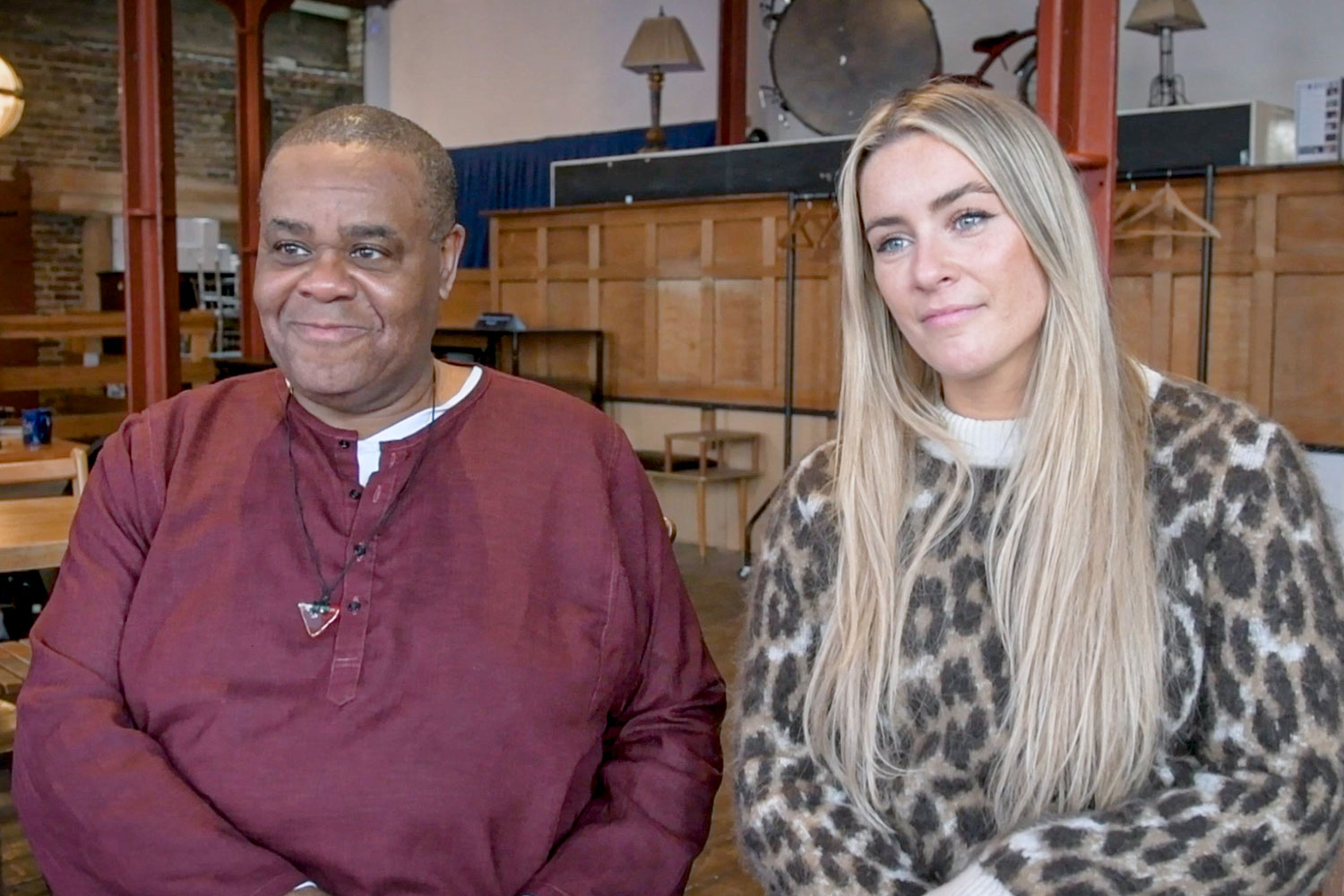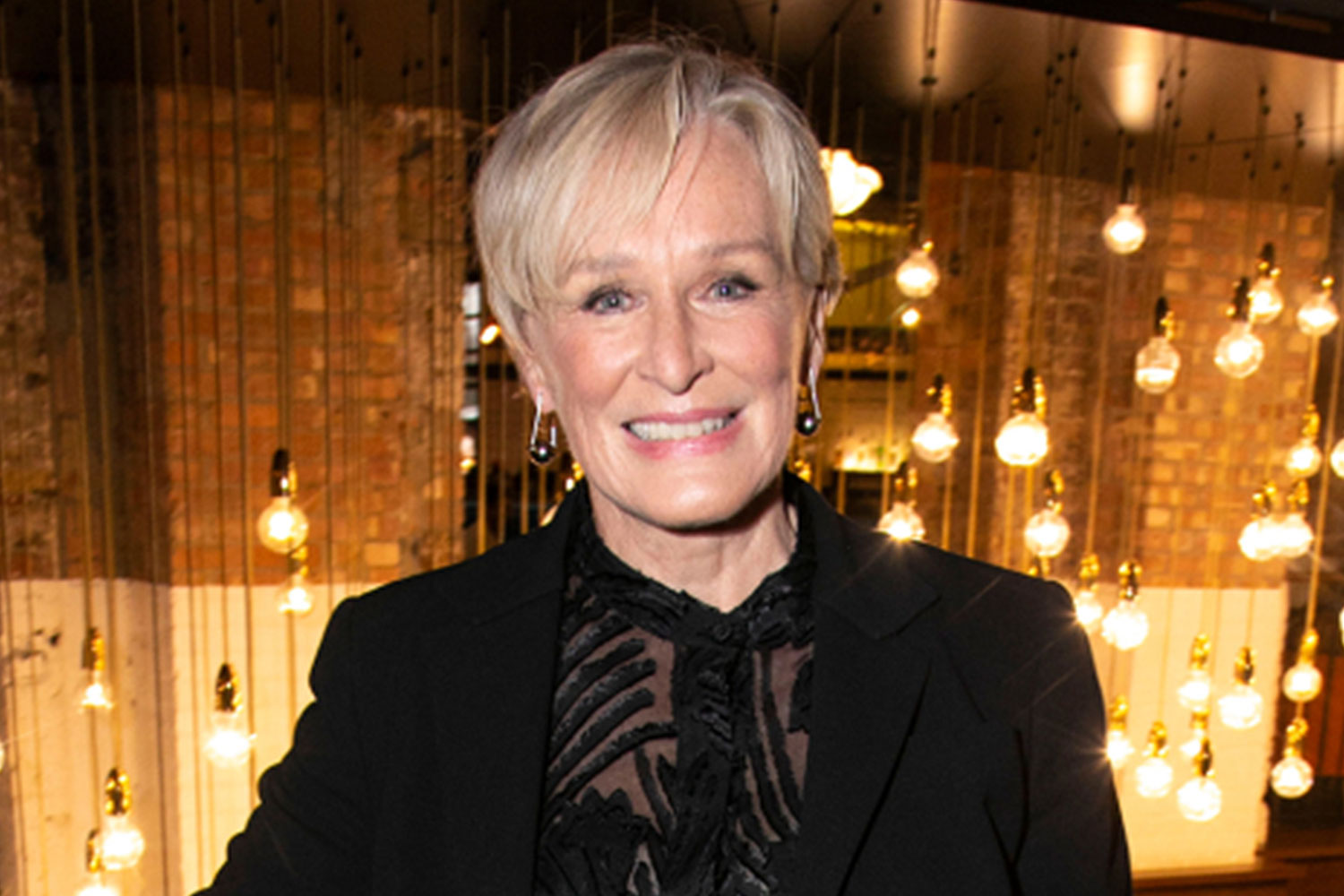This Is Our Youth
The press night for the latest trio of Hollywood starlets to appear in Kenneth Lonergan‘s smash hit comedy about three little rich kids floundering in Reaganite America was also, coincidentally, ‘Buffy Night’ on Sky TV. But that didn’t stop coach loads of teenage fans from turning out to see Freddie Prinze Jr, the real-life husband of Buffy the Vampire Slayer (Sara Michelle Gellar), in the flesh.
In This Is Our Youth, Prinze plays gawky student Warren, who turns up at his best pal Dennis’ scuzzy apartment with a shoe-bag full of stolen dollars, which he blows on a cocktail of champagne, hard-core drugs and getting laid at a smart Manhatten hotel with flirty young Jessica.
From a marketing point of view, Prinze is very clever heartthrob casting, and his boyish good looks and easy charm – seen mostly in the UK in Scooby Doo-type teen-flicks – are bound to lure the youth audience to the West End. From an artistic point of view, apart from a tendency to want to be liked in the role, he’s such a confident actor that you’d never believe this is his stage debut.
Whereas Jake Gyllenhaal, Casey Affleck and Kieran Culkin before him made Warren a bumbling mass of neurotic twitches, Prinze finds a kernel of inner calm in this confused Jewish druggie drop-out, and the ups and downs of Warren’s hero-worship relationship with super-dealer Dennis come across even stronger than in the three previous incarnations. Prinze Jr, then, is clearly a rising star, but the empty ache at the heart of America’s 1980s ‘slacker’ generation is laid bare by his equally strong co-stars, who work closely with him like a slick ensemble.
Chris Klein (another stage virgin who’s best known from his cute American Pie image) turns out a mighty powerful performance, conveying the mercurial mix of self-obsession, bully-boy tactics and complete insecurity that makes Dennis such a pathetic whinger. As the quarrelsome Jessica, Heather Burns (whose CV includes the New York production of Lonergan’s Lobby Hero) is a fearsome combination of Little Miss Dynamite and utterly selfish brat, especially during her sexual skirmishes with Warren.
Emotionally and politically, the play itself tends to peter out at the end, but the believable acting ensures you’ll enjoy reaching this point of non-closure. It’s even worth missing Buffy for.
– Charlie Summers
Note: The following review dates from November 2002 and an earlier cast of this production.
Kenneth Lonergan‘s three-hander about three New York rich kids who value sex and drugs and rock ‘n’ roll more than they do life itself under Reaganism returns to the West End with a hip new cast – and if the producers manage to keep finding enough replacement movie starlets in the future, it looks like turning into Art for young American dudes.
Colin Hanks (son of Tom and star of Roswell) is now playing Dennis, the drug-dealing bully who dominates whining, wimpy little Warren, now played by Keiran Culkin (kid brother of Macaulay), while Alison Lohman (soon to be seen in Peter Kominsky’s White Oleander opposite Michelle Pfeiffer) is on-board as Jessica, the neurotic friend who spends a steamy night at the Plaza Hotel with Warren, courtesy of the stash of dollars the boy stole from his dad to buy lines of coke.
The two previous versions of this funny, sad and shortish take on a lost generation of American youth had Hayden Christensen and Matt Damon starring, but the new trio seem to be suffering from a distinct lack of rehearsal. Either that or the drugs have slowed them right down to the point where they look as if they are all on injections of Largactil.
These are supposed to be kids bored out of their minds who are adrift from their parents, but director Laurence Boswell needs to revisit the text and give it some pace – and bring back the laughs.
You sense the relatively inexperienced threesome, stage-wise at least, could do so so much better. Hanks, looking tall, gawky and gorgeous, as cocky young Dennis plays it all on one note of loud-mouth bossiness. Lohman looks pretty in a polka dot dress, but never gets across the edginess and ambivalence of the character. It’s left to Culkin to stand up to Hanks as floppy-haired weirdo Warren, who hasn’t a clue where he’s going. Culkin’s a far better stage actor than his older bro, better looking too, but even this rising star loses the quirkiness by the second act.
A directionless trio in more ways than intended.
– Jay Morrison
Note: The following review dates from May 2002 and an earlier cast of this production.
The superbly calibrated trio who originated Kenneth Lonergan’s {This Is Our
Youth::L0582705337} here (see below) were relatively unknown on UK shores.
Now with Matt Damon joining in as Dennis Ziegler, a small-time drug dealer
and famous painter’s son in whose shabby Manhattan apartment the play is
set, it now promises to be a bigger hit – if, at the same time, becoming a
smaller play.
Partly, that shrinkage is a matter of sheer celebrity: it’s harder to
believe in the immaturity of these characters when you bring along a bunch
of other inevitable associations. The previous cast were a clean slate upon
which the play was written. This time, you can’t help but think of Damon’s
film roles, and it’s hard to reconcile the all-American jock with the loser
character he’s now playing.
Even more disturbing are the associations around his co-stars – Casey
Affleck and Summer Phoenix – which are not even to do with the actors
themselves but, rather, with their more famous siblings. For Casey is the
brother of Ben (Damon’s co-star and co-author of Good Will Hunting)
and Summer is the sister of Joaquin and the late River. Now you’re thinking:
how similar are they to their siblings? And how does Summer feel about a
play in which an offstage character dies of a drugs overdose, just as her
brother really did? That said, they’re all actors, after all, so surely they
should overcome these thoughts?
But then you’ve also (if you saw the play before) got the indelible memories
of the previous cast, and there’s an even bigger obstacle, at least for the
men. While Damon registers mostly as a slash of perfect white teeth (though
the sight of his bare firm legs in the second act may also cause a few
flutters), Affleck has nowhere near the touching vulnerability of the
extraordinary Jake Gyllenhall who preceded him.
Summer Phoenix, on the other hand, is more successful in claiming the
character of Jessica as her own, capturing perfectly the mixture of social
awkwardness and burgeoning sexuality that underscores the role. It helps, no
doubt, that she’s actually closer to the real age of the character than her
co-stars.
Sadly, the earlier dynamics of rampant hormones and rages from a genuinely
fresh and invigorating cast have otherwise gone. In the process, a lovable
puppy dog of a play has grown up a bit and isn’t quite as adorable as
before.
Note: The following FIVE-STAR review dates from March 2002 and
this production’s original UK cast at the Garrick Theatre.
This Is Our Youth seems a terribly apt title for this play by American Kenneth Lonergan. It certainly captures my youth. Not that I grew up in Manhattan or had terribly wealthy and indulgent parents or that my best friend was a drug dealer. And yet it all rings uncannily true – and I’d wager it will for most people who have even the vaguest recollections of what it felt like to be 19.
Lonergan’s three characters are on the cusp of adulthood, experiencing all of the restlessness, uncertainty and excitement that that entails. And it’s this heady concoction of contradictions, possibilities and hormones that runs riot through his script, with delicious results.
It’s 1982 and the action – what there is of it – takes place overnight in the seedy Manhattan bedsit (care of Jeremy Herbert, complete with Che Guevara poster and Ronald Reagan dartboard) of fashionably grungy Dennis Ziegler (Hayden Christensen), a man who supplements his parental allowance by dealing soft, and occasionally not so soft, drugs to his friends. He’s joined by hero-worshipping Warren (Jake Gyllenhaal), lugging a backpack full of $15,000 that he’s nicked from his abusive father who’s kicked him out of the house.
The pair concoct an oft-changing plan to buy themselves some cocaine-fuelled fun while also replacing the stolen funds before daddy gets really mad. For Warren, central to said fun is ending his losing streak by bedding the argumentative Jessica (Anna Paquin), while Dennis is more concerned with stamping his authority on another upstart dealer.
To start with, it’s tempting to feel wholly unsympathetic towards these three spoilt layabouts. But it’s a credit both to the strength of Lonergan’s script and the assured performances that director Laurence Boswell coaxes out of his young cast that you end up caring quite a lot. At times hilariously funny and then achingly awkward, you watch as the trio lurch in turn from overconfident bravado – all big words, bristle and snappy comebacks – to cringing vulnerability. They’re at that dangerous age when they like to think they know all the answers but so clearly don’t.
And their inherited material trappings mask some darker secrets, most especially in the case of Warren whose family, we discover, has fallen apart after the murder ten years ago of his older sister. It’s remarkable that this is Gyllenhaal’s stage debut because his performance is simply outstanding as the nerd with hidden strength. He sparks off Paquin wonderfully and their tentative seduction scene, from jerky dance sequence to fumbling on the bed, is one of the funniest and most touching displays I’ve seen in some time.
This Is Our Youth is a delightful reminder that youth isn’t all it’s cracked up to be.










